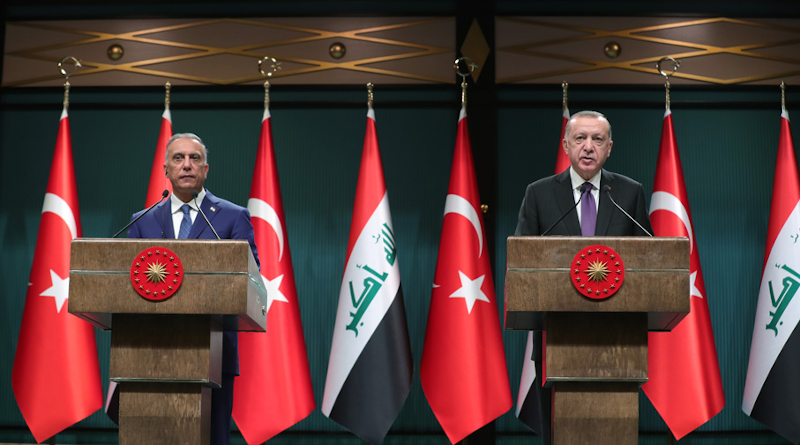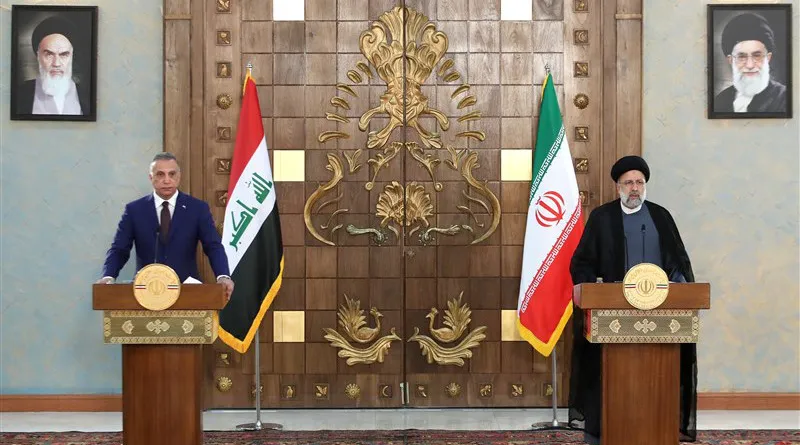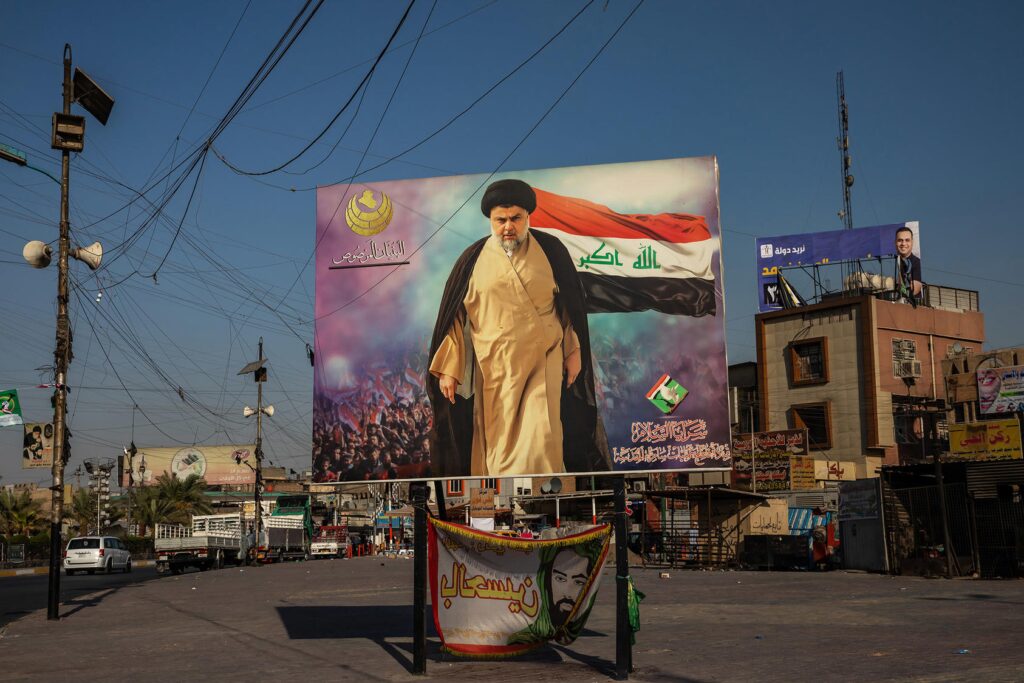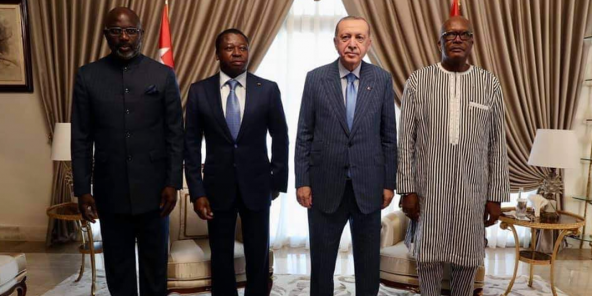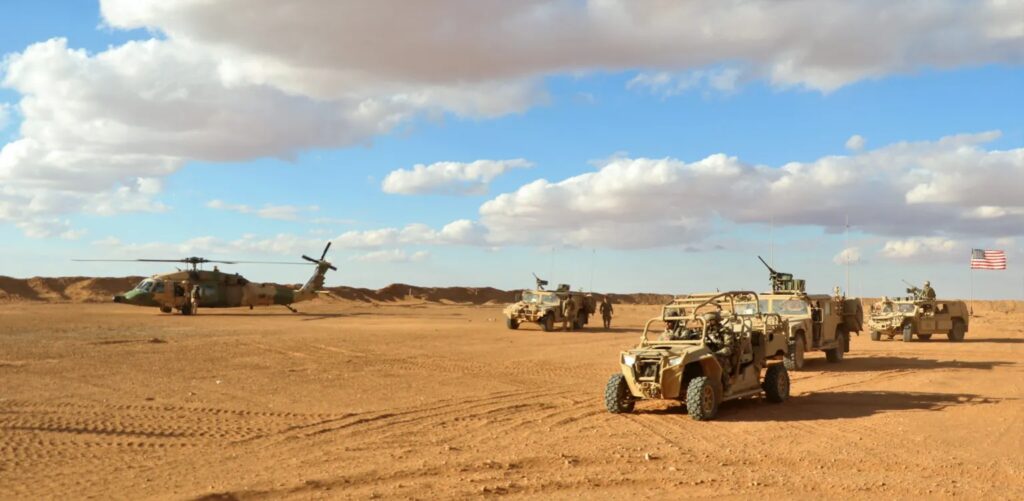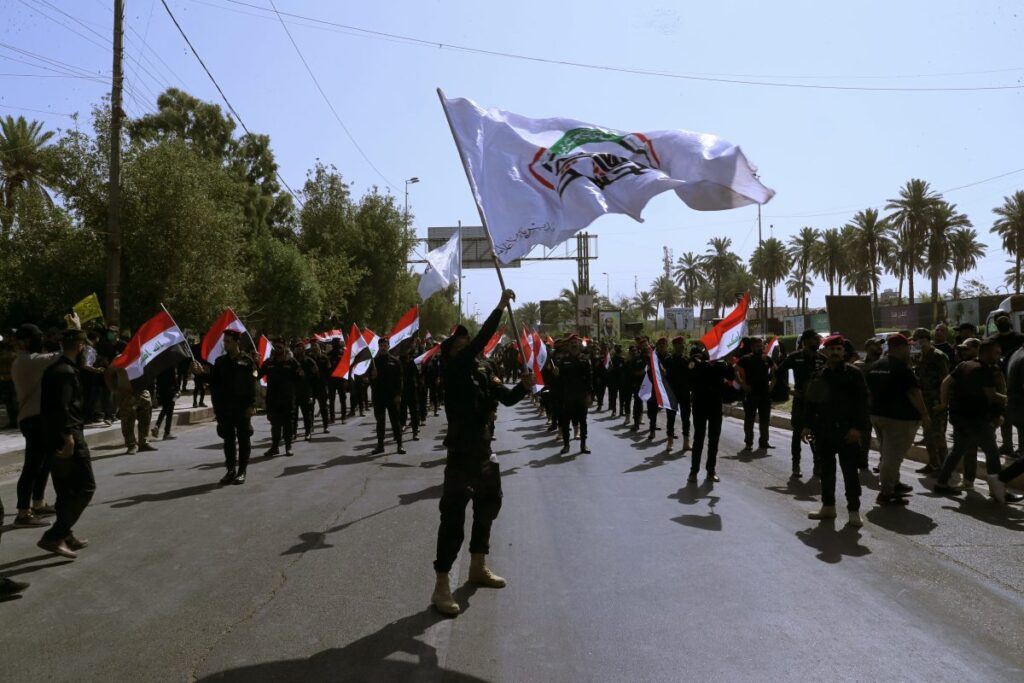US Says Drone Airstrike Kills Senior Al-Qaeda Leader In Syria

A US airstrike in northwest Syria on Saturday killed senior al-Qaeda leader Abdul Hamid al-Matar, according to a United States Central Command (CENTCOM) press release.
“We have no indications of civilian casualties as a result of the strike, which was conducted using an MQ-9 aircraft,” U.S. Army Maj. John Rigsbee, a U.S. Central Command Spokesperson said.

